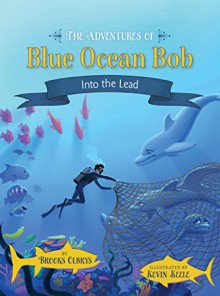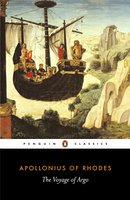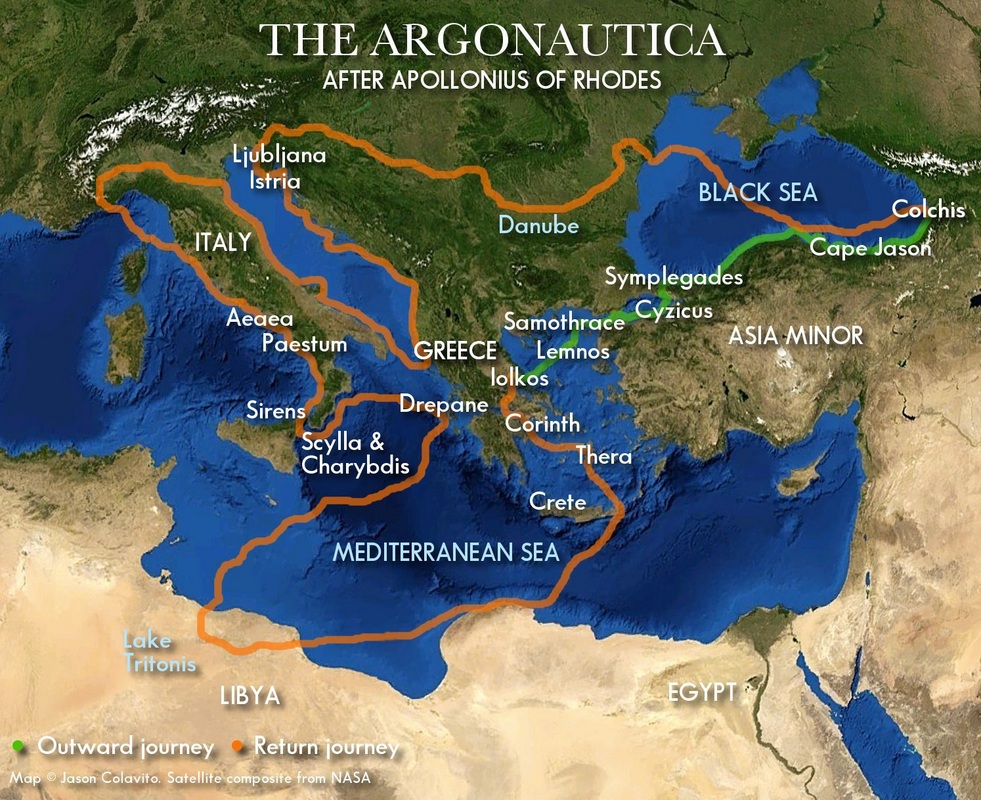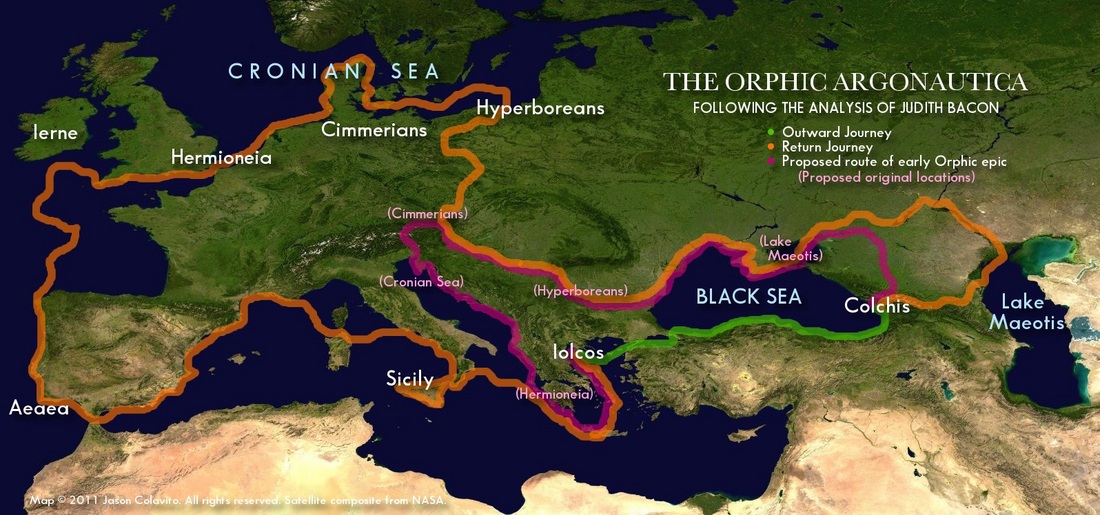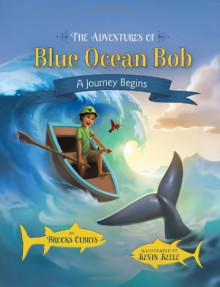
Well, he I am, sitting at one of my favourite coffee shops on a blustery and wet winter morning in Melbourne having just finished another book of which I have known the story since I was a little boy but having never actually read the book. I'm sure we all know of the story of Robinson Crusoe, who was shipwrecked while out at sea and ended up spending years (about twenty three of them) alone on an island, forced to make do with what he could scavenge from around him (including off a couple of ships that had become wrecked along the coast). Sure, he eventually finds some company, first with the native whom he rescues and names Friday (because he rescued him on a Friday, but the term has now become a part of our language to basically refer to a gopher – I remember reading job advertisements for positions as a Person Friday), and then a couple of Spaniards, before he is finally rescued by an English merchantman, though he initially has to help the captain wrestle the ship back from some mutineers.
I'm not necessarily going to say that this is the first story about a person trapped alone on a desert island – the concept goes back as far as the Ancient Greeks with the story of Odysseus (and one might also suggest The Tempest) however what differs is that Robinson Crusoe is entirely focused on Crusoe's life on the island, where as the earlier works have the island (in the case of The Tempest) as a backdrop, or (as in the case of The Odyssey) as another hurdle that the hero must overcome to reach his ultimate goal (and the protagonist may not actually be alone either). The story of Robinson Crusoe is a story of survival against the odds – not just adapting to a life outside of civilisation, or even trying to create civilisation where there is none, but also surviving the fact that he has been left here alone for so long.
The idea has been picked up by numerous stories later on, including Gulliver's Travels, the Mysterious Island, and The Swiss Family Robinson, however, unlike Robinson Crusoe, these stories aren't about a person who has been left alone on the island, and a part of me feels that maybe Dafoe doesn't necessarily understand the true nature of loneliness. The question that I raise is how is it that Crusoe manages to survive for twenty-five years on this island, alone, without either going mad or simply becoming an animal? I guess this is one of the major things that challenged me in the book because I am sure that a human cannot survive mentally, for such long periods, alone without going insane.
Okay, I'm not a psychologist, and I don't pretend to be one, nor am I familiar with other stories of people who have lived a bulk of their lives outside of human contact, either willingly or not. Sure, we have the stories of the crazy cat ladies (and we used to live next to one), who would never leave the house, and never answer the door (which raises the question of how they managed to buy food and stuff before the age of the internet and home delivery, though the one we lived next to had a supermarket just across the road, which I have to admit was really convenient). However a part of me feels that for us to maintain our humanity, and not descend into our base animalistic instincts, we need to have human company, and to be able to interact with humanity. This, I have to admit, seemed to be one of the major flaws in an otherwise quite entertaining book (ignoring the fact that the end dragged on for a bit – the fight with the bears and the wolves as they were travelling across France at the end was quite unnecessary, though it probably did work to suggest that travelling in those days, whether it was either by sea, or by land, was always going to be a very dangerous exercise).
Oh, before I continue, here is a map of the Island of Robinson Crusoe:
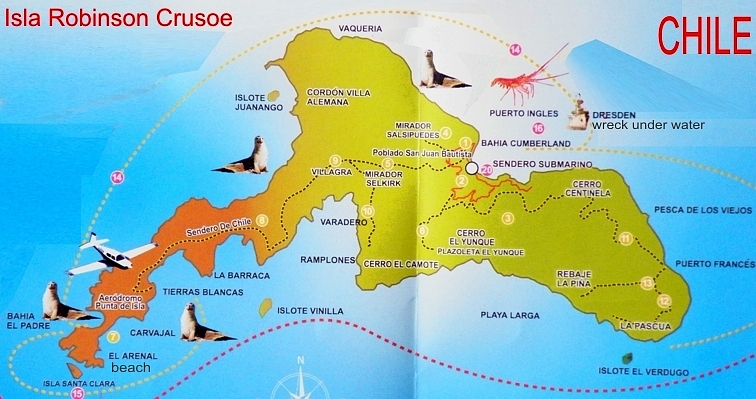
Interestingly enough there is actually an island off the coast of Chile that is called the Island of Robinson Crusoe, though it was my understanding from the book that the island is actually located in the Carribean Sea, off the North Coast of South America, and the reason I believe that is because Crusoe was ship wrecked while travelling between his plantation in Brazil and the Carribean. However, according the Wikipedia, the reason the island received this name was because it was where the sailor Alexander Selkirk was shipwreck, which some believed inspired Dafoe to write this book, as opposed to being the island that Dafoe selected as the setting of his story (and I am doubtful that Dafoe would have been all that familiar with the Carribean islands in any case).
I'm not sure if we can actually consider this book to be because while in some aspects it is an adventure novel (which has been picked up by numerous renditions since its publication, especially when it was turned into a children's book), it doesn't come across as such. Most of the book is basically Crusoe's life on the island, and it is only the last part where the adventure begins. Some have suggested that it is a travelogue, but once again I'm going to have to disagree since a bulk of the action is set on the island.
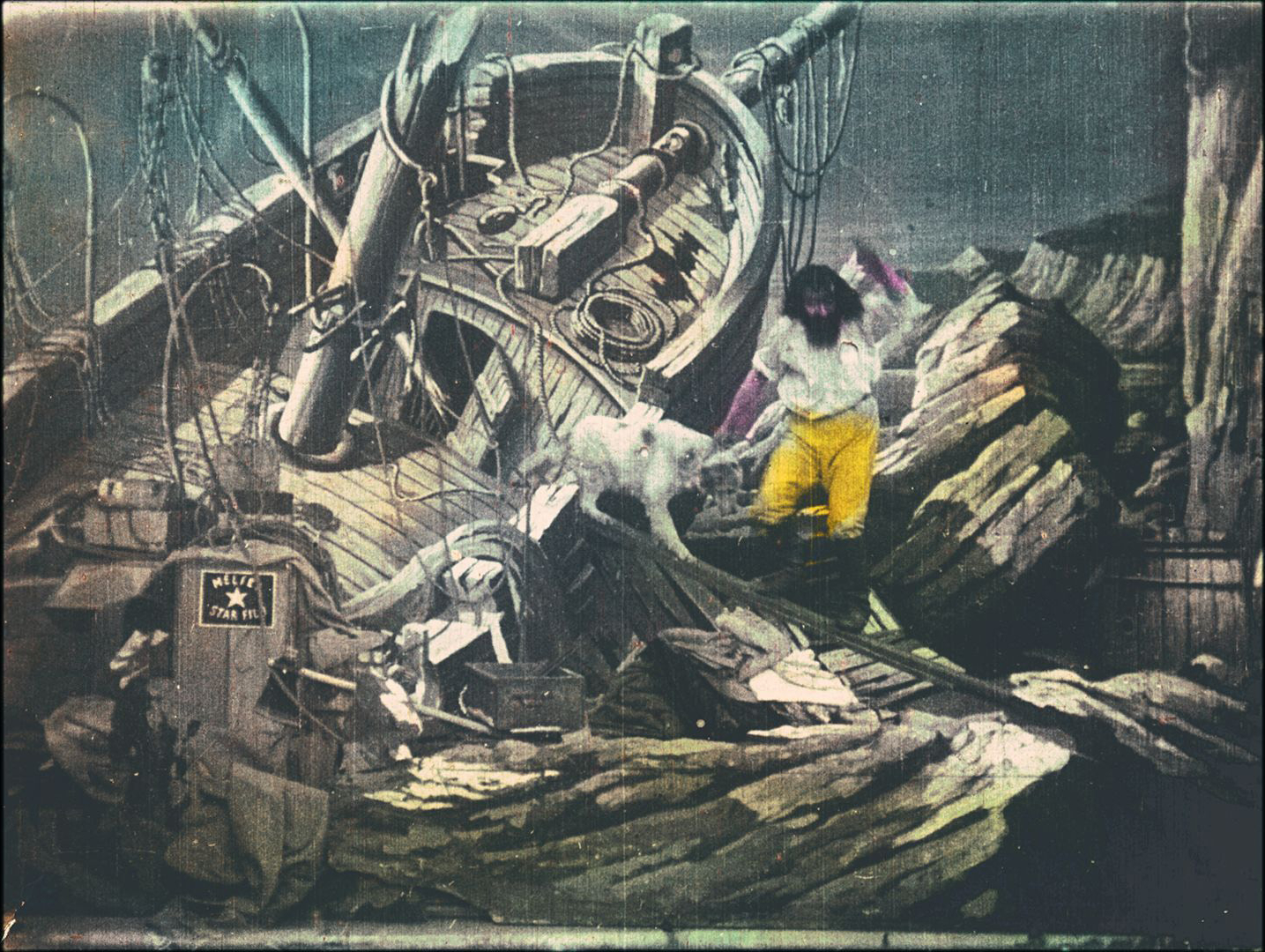
Interestingly there is an awful lot of theology in the book, and in a way could be connected to Pilgrim's Progress, but once again I'm going to have to say that I don't believe that it is necessarily a Christian allegory. Dafoe suggested at the end, when Crusoe discovered that his plantation in Brazil ended up doing exceedingly well, and as such there is a relation between Crusoe's adventures and the Biblical book of Job. However time and time again Dafoe suggests that Crusoe lands up on the island because he refused to listen to his father and instead wanted to sail to the seas. Every attempt to makes he comes across misfortune, first a storm off the coast of England, then he is captured by the Moors and enslaved, and finally he lands up on the island for twenty-eight odd years. This isn't the story of Job, but the story of a man who wanted adventure, and got it, and then came to realise that adventure wasn't as exciting that he anticipated – twenty-eight years trapped on an island with a bunch of cannibals as neighbours isn't my idea of a really fun time. Nor do I believe that it is a psychological story, as I have suggested about.
Yet time and time again Crusoe talks about his puritan (and quite Calvanistic) belief in God. Maybe it is his unwavering belief in God that enables him to survive for so long. He even goes as far as evangelising Friday, yet I note that he never actually leaves the island to become a missionary to his neighbours (viewing them as savages who through their actions are deserving of God's judgement, which isn't really a Christ-like attitude). Sure, in the end he becomes wealthy, but it isn't exactly the type of book that I would consider labelling as either Christian, or Allegory.
The final thing that I find interesting is the idea of how he brings civilisation to the island, but then again it is more a story of survival as opposed to the civilising aspect that comes across in books such as Verne's mysterious island. He doesn't actually turn the island into some English utopia, but rather simply does what he needs to survive with what he has at hand. Even then things, such as the crops, and the second shipwreck, simply happen through luck as opposed to any purposeful family, though of course Crusoe (and in turn Dafoe) wouldn't see it as such, suggesting that these events are once again a reminder of God's providence. In the end, though, I'm just going to suggest that it is an adventure.

 Log in with Facebook
Log in with Facebook 
